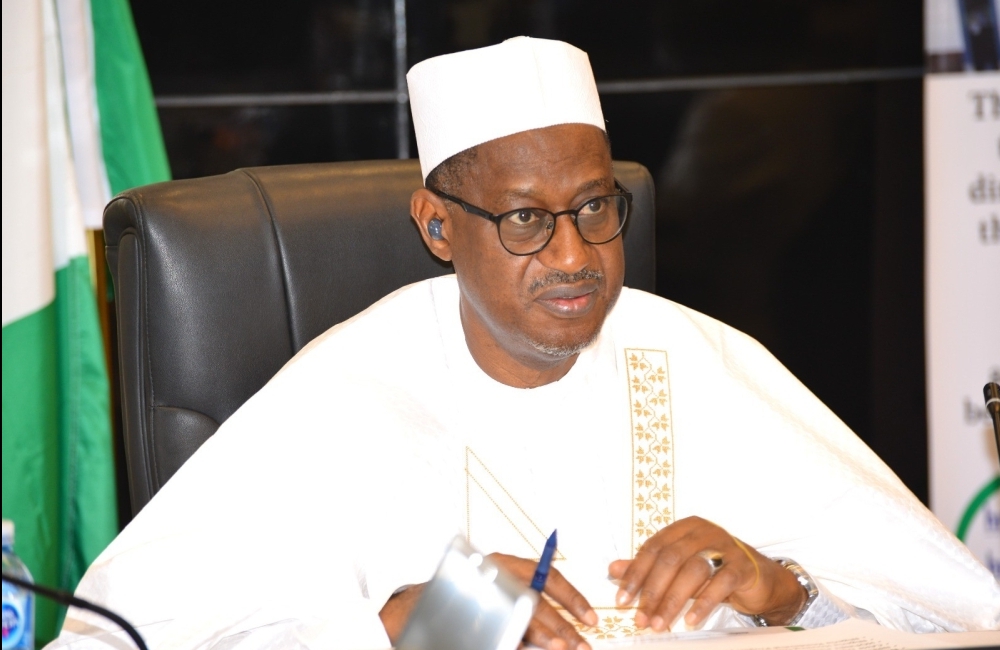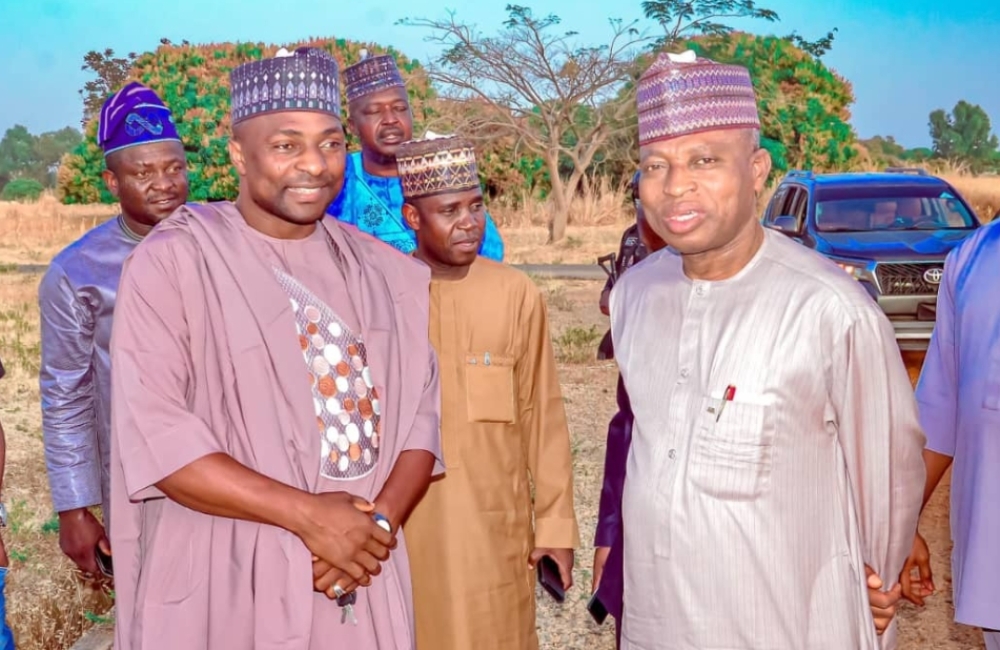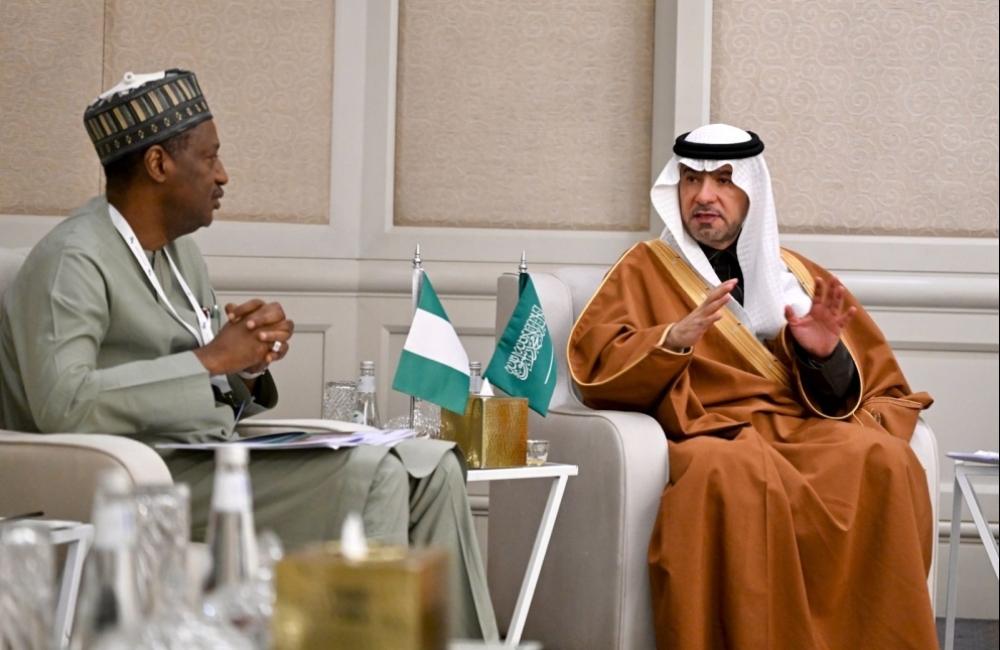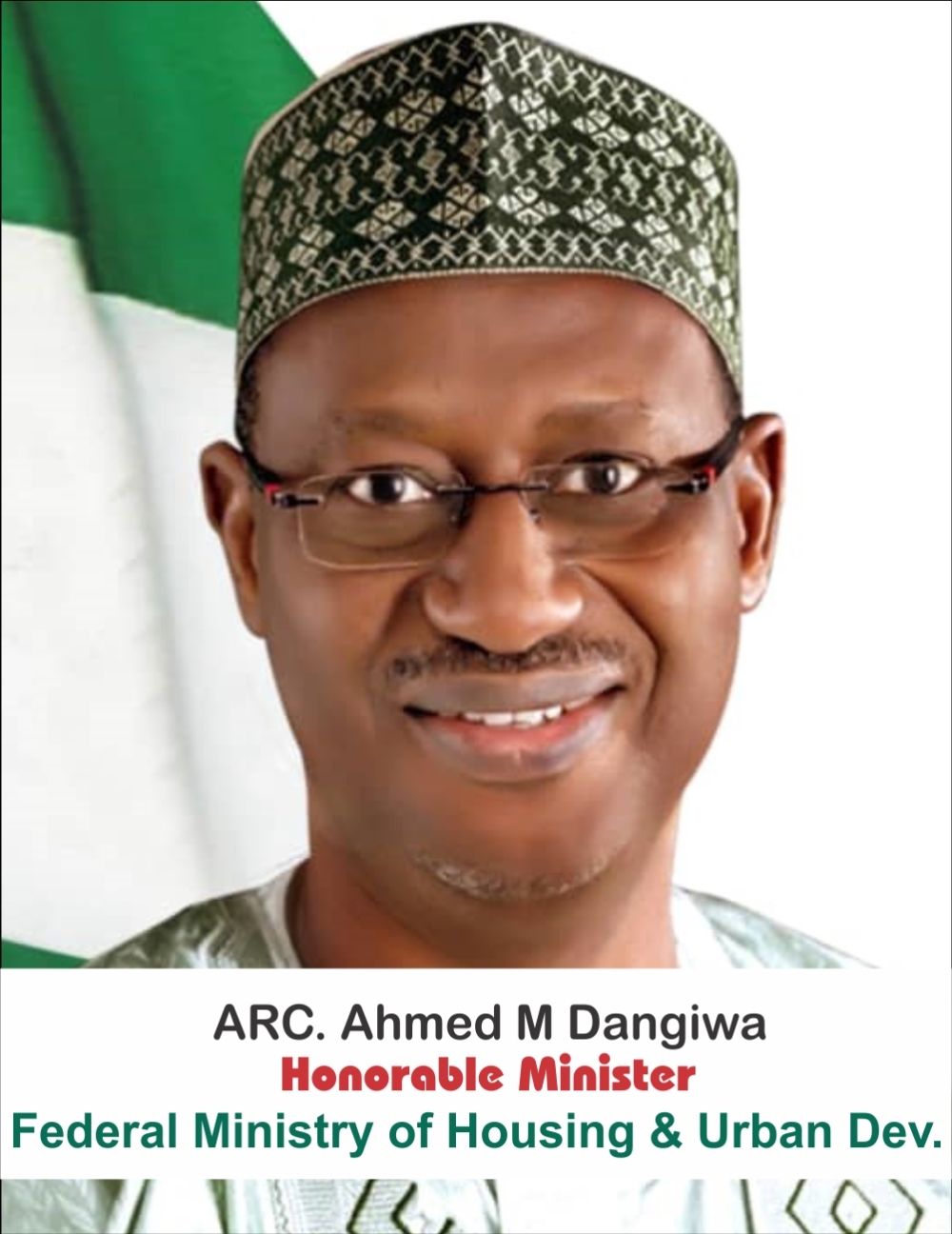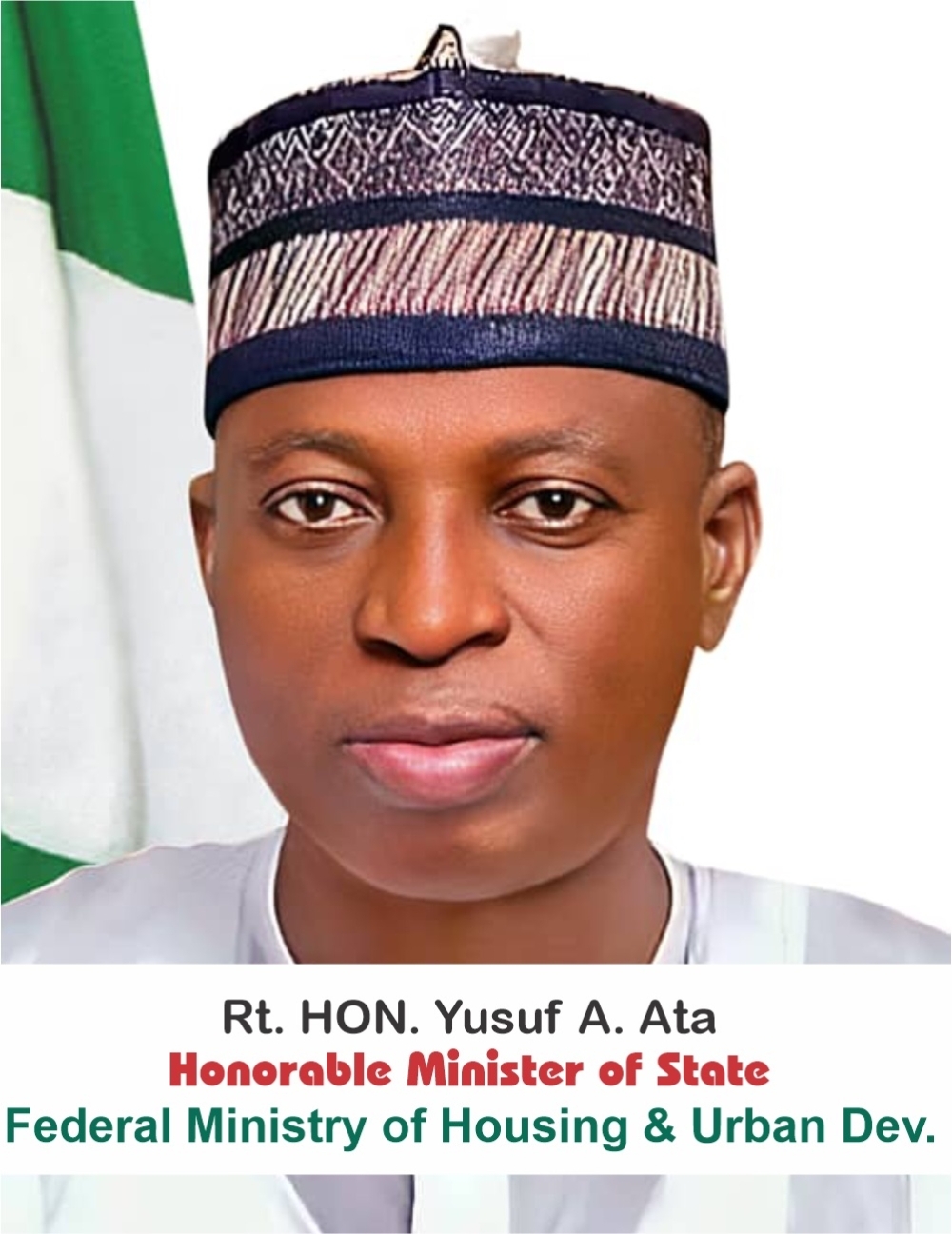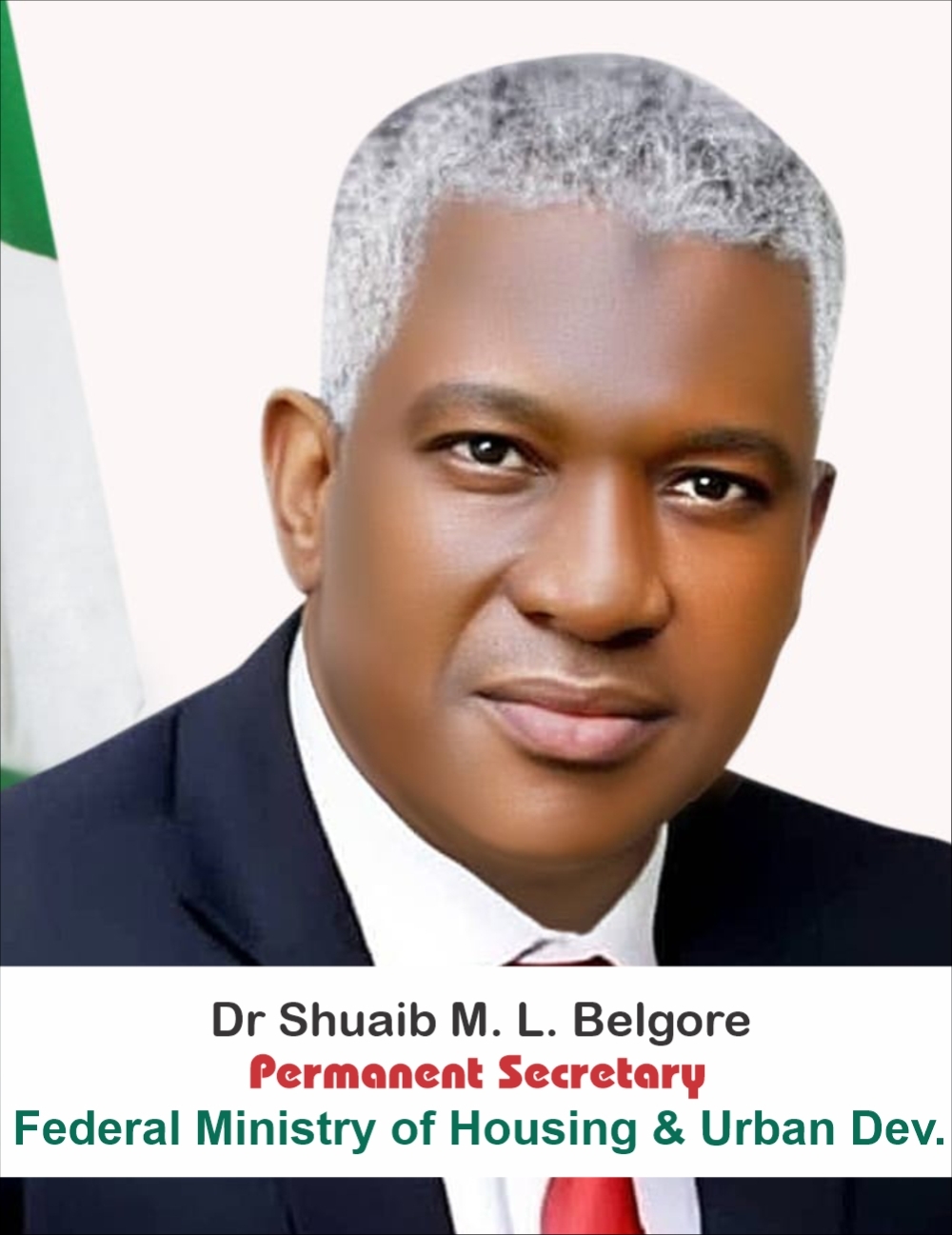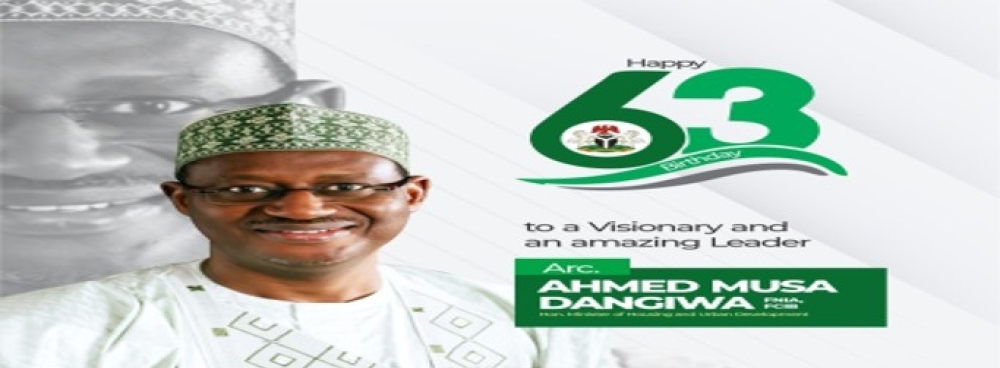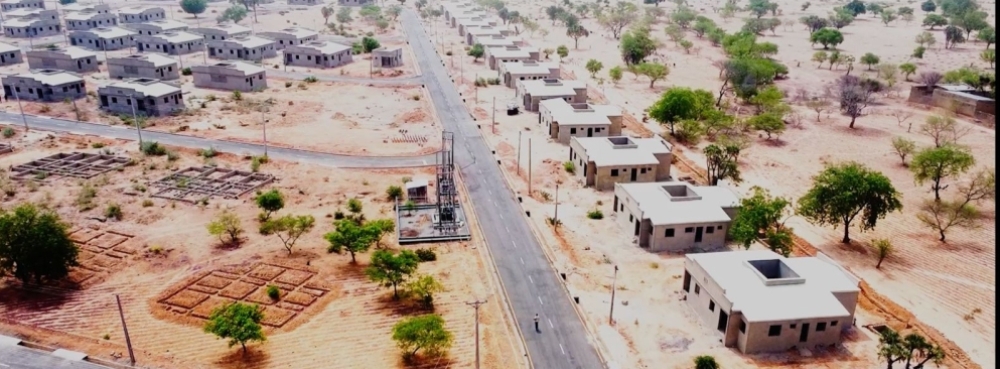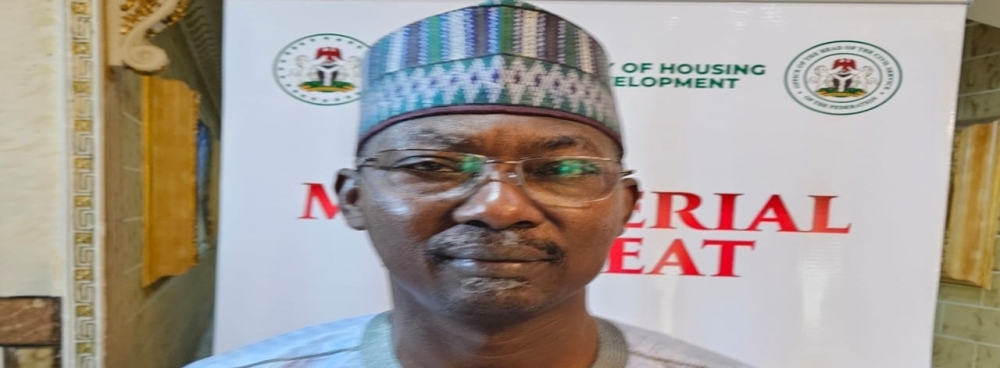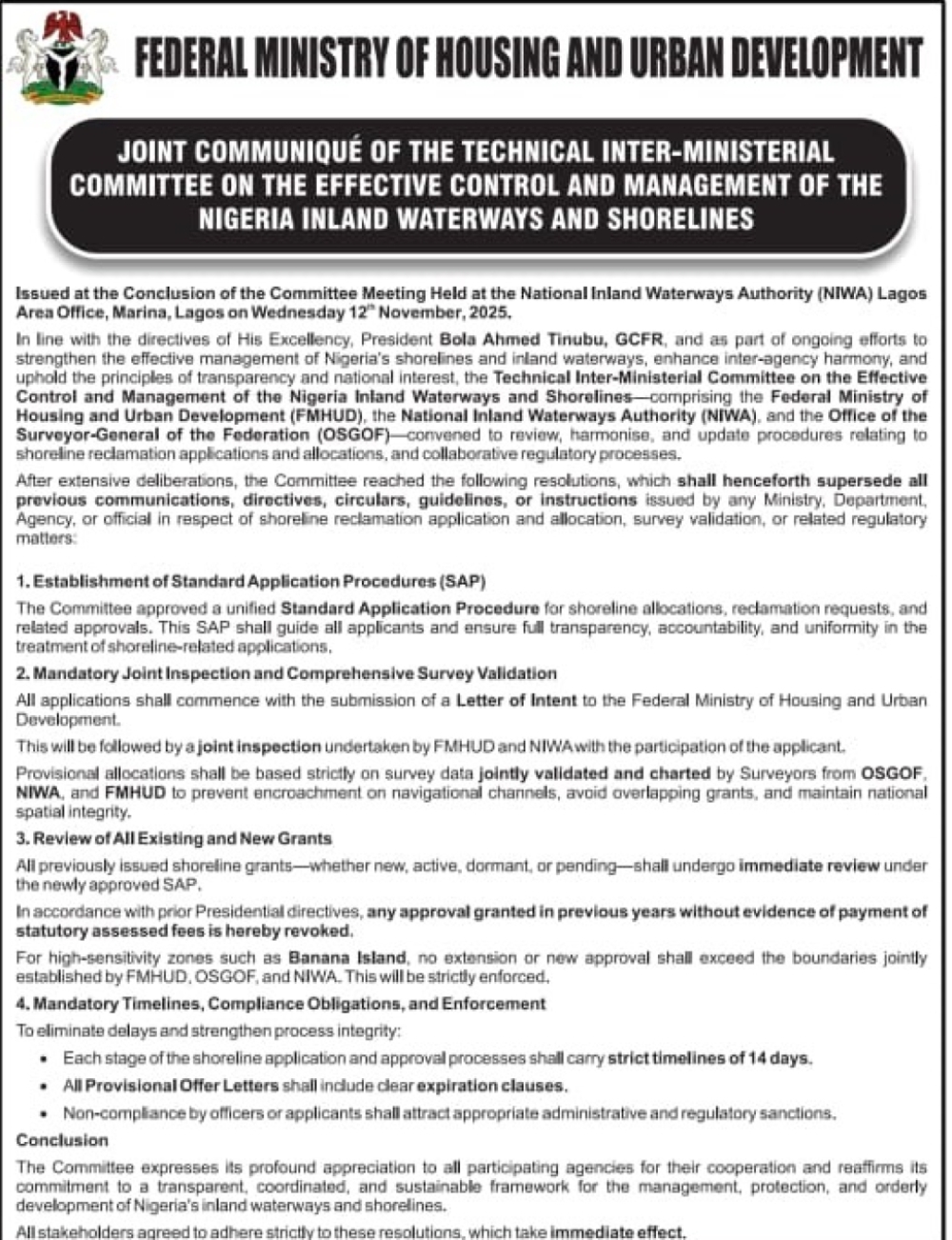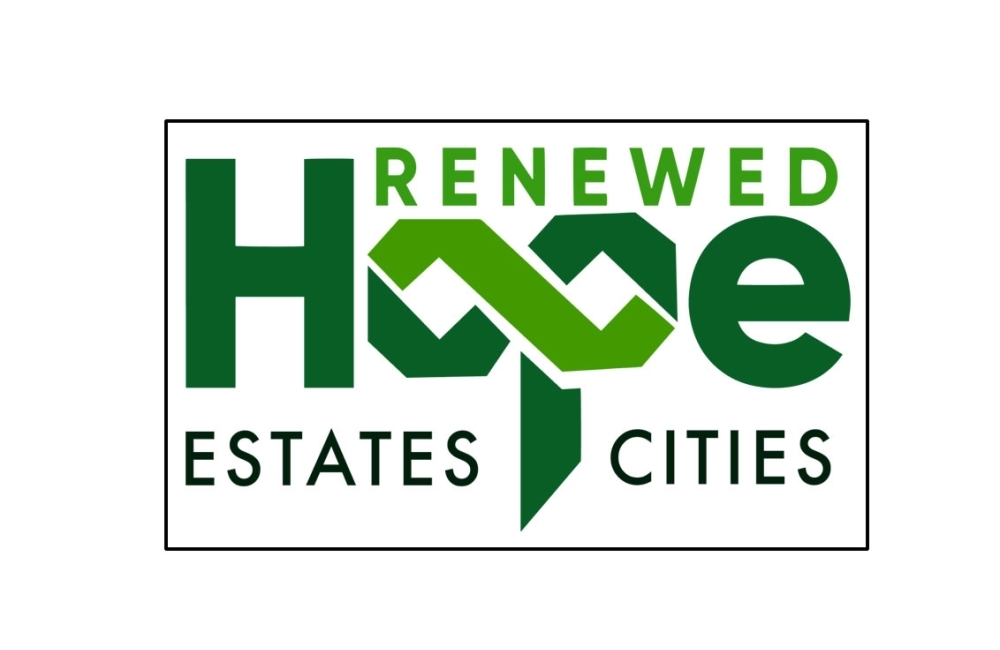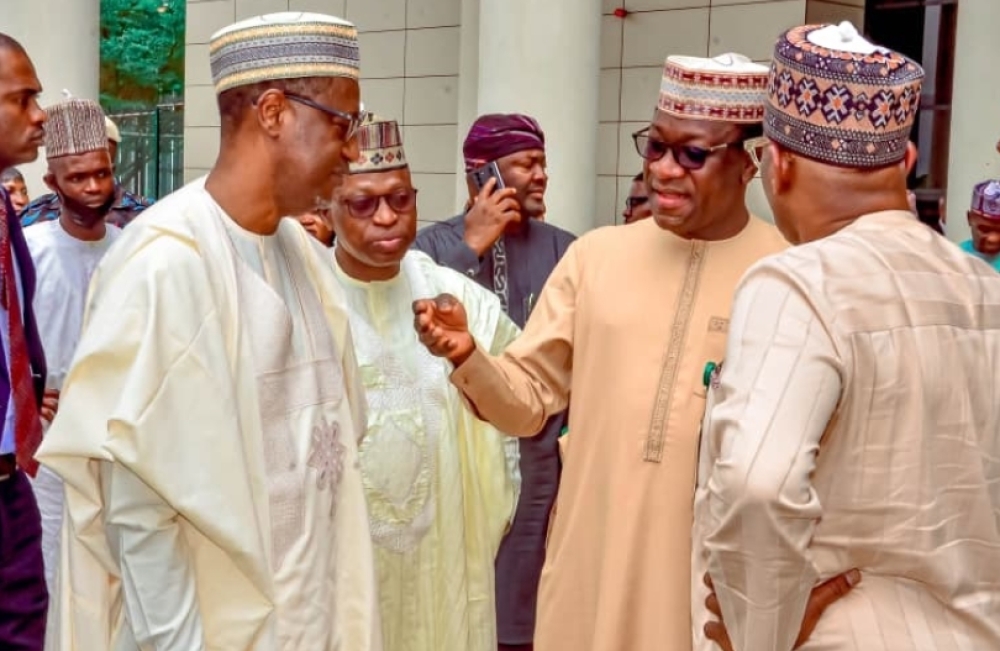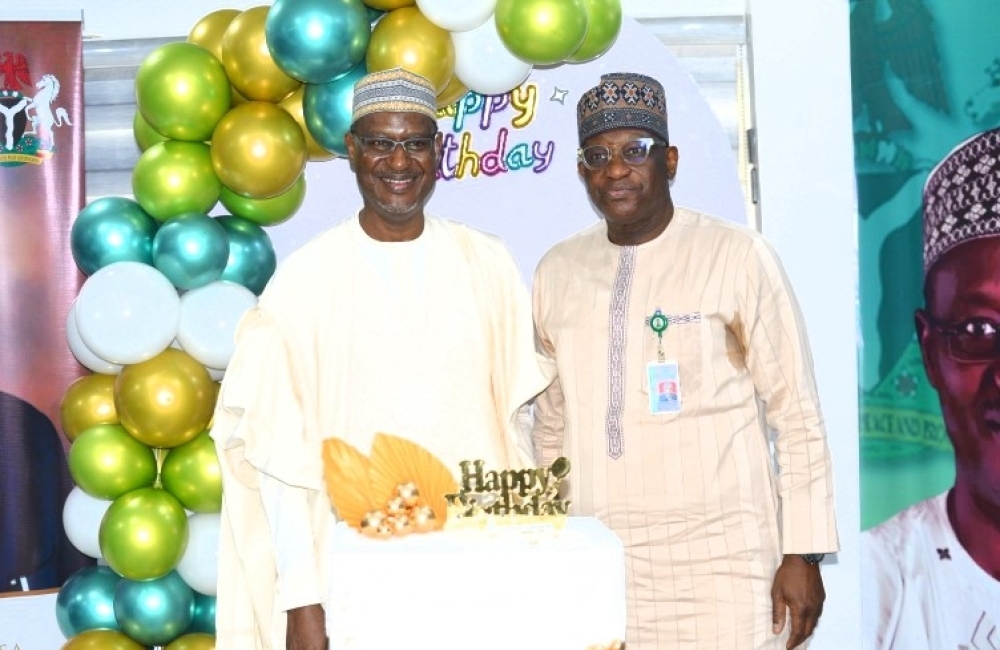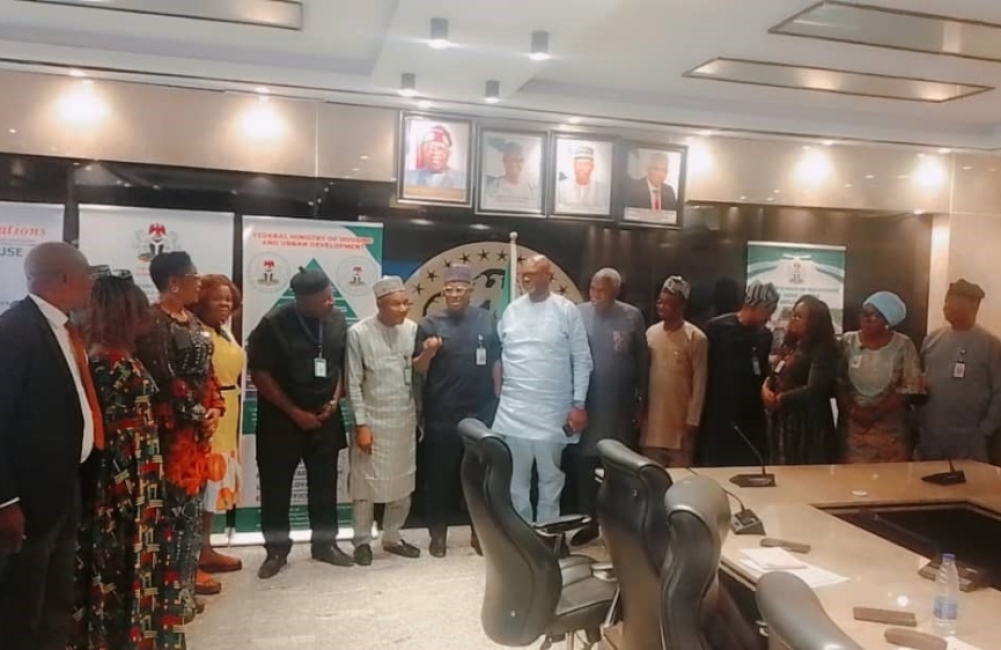
Housing Ministry Holds Seminar on Data Protection Act Compliance for Directors
* Ministry committed to Stronger Data Accountability Culture - Belgore
In line with the provisions of the Nigeria Data Protection Act (NDPA 2023), an awareness Seminar on Annual Data Protection and Compliance Audit was organized for the Directors of the Federal Ministry of Housing and Urban Development.
The NDPA 2023 represents a landmark achievement in Nigeria’s digital governance framework. It establishes clear obligations for all public and private institutions to safeguard personal data, promote accountability, and strengthen trust in the digital ecosystem.
In his opening remarks, the Permanent Secretary, Federal Ministry of Housing and Urban Development, Dr. Shuaib Belgore, urged staff of the Ministry to imbibe a strong culture of data accountability in order to build and sustain public trust by safeguarding information entrusted to them.
While reaffirming the Ministry’s commitment to full compliance with the Nigeria Data Protection Act, he described data protection as both a legal and moral obligation, emphasing that as a Ministry responsible for delivering housing solutions and driving urban development nationwide, it manages a significant volume of sensitive information that must be handled with utmost responsibility.
He noted that the seminar underscores the fact that data protection goes beyond regulatory compliance to fostering a culture of accountability, discipline, and professionalism in the collection, processing, storage, and sharing of data, explaining that even a single lapse in data management could have serious consequences for the institution and the citizens it serves.
Dr Belgore further stated that the Ministry serves as custodian of critical data, including records of applicants under the Renewed Hope Housing Programme, staff records, land documentation, contractors’ data, and financial information, assuring of the Ministry’s commitment to upholding the highest standards of data governance and maintaining public trust.
“In today’s digital environment, data is not merely an operational asset but a matter of public trust. With the enforcement of the Nigeria Data Protection Act 2023 and the increasing digitization of our processes, data protection is no longer optional. Every citizen who submits information to this Ministry expects it to be safeguarded against misuse, unauthorized access, and breaches,” he stated.
Accordingly. Belgore added that data protection is not the responsibility of the ICT Department alone, but of every officer, director, and staff member who interacts with information in any form, describing the seminar as a timely intervention aimed at strengthening accountability, professionalism, and compliance culture within the Ministry.
He highlighted ongoing digital initiatives within the Ministry, including the Enterprise Content Management (ECM) System, the Renewed Hope Housing Portal, and the soon-to-be-launched Consolidated Land Registry Management System (CLRMS), stressing that these advancements make it imperative for all staff to understand and uphold data protection principles.
The Permanent Secretary urged participants to engage actively, ask questions, and reflect on how data protection principles apply to their daily responsibilities.
Speaking earlier, the Head of the Information and Communication Technology (ICT) Department, Dr. Marcus Amionoleme, stated that data protection is essential to safeguarding the dignity, privacy, and trust of Nigerians served by the Ministry. He stressed that as custodians of the Ministry’s ICT systems, the Department must ensure that every unit aligns with established data protection standards.
Dr. Amionoleme explained that the seminar was designed to deepen participants’ understanding of the requirements of the NDPA 2023, highlight the importance of the annual compliance audit as a tool for transparency and institutional integrity, and equip staff with practical strategies to embed a sustainable data protection culture across the Ministry’s operations.
Close









